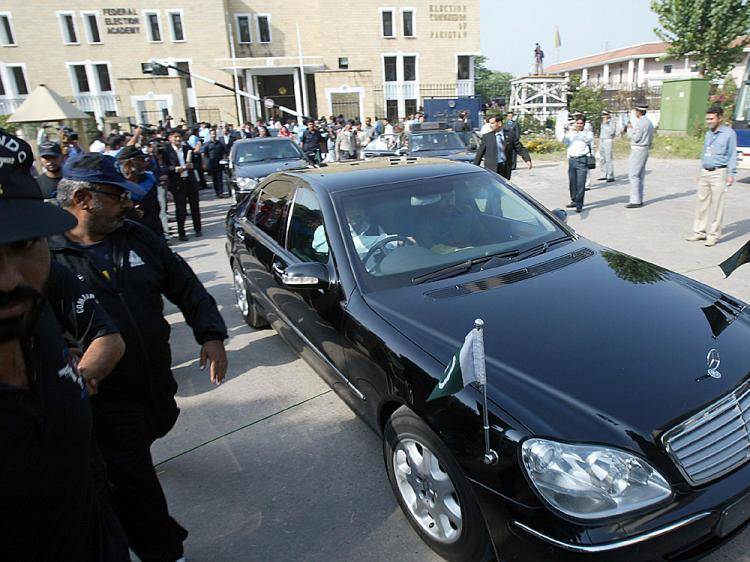On Tuesday the Islamabad High Court (IHC) voided the promotions of over 300 ‘influential’ bureaucrats at grade 20 and 21 posts. The Central Selection Board (CSB) had implemented a formula that handed virtually all decision making power into their hands, and inevitably only the well connected and the affluent had made the cut. The decision is a blow to the credibility of the CSB, and it names-and-shames the notable officers whose promotions were cancelled. While the vigilance of the court needs to be applauded, the blatant politicisation of the CSB is cause for concern.
The bureaucracy is amongst the few institutions that are supposed to be apolitical. Its members cannot stand for political office or even campaign on behalf of other candidates. While it would be naive to expect the institution to function purely without political influence – especially in Pakistan – the CSB letting go of all standards of impartiality, is deplorable, even by the warped standards of corruption and nepotism in this country. Before 2012 promotions to senior positions were made on an impartial assessment agenda. Experience, seniority, reputation, performance evaluation reports (PERs) and training evaluation reports (TERs) all contributed to a score out of 100. Those above 75 were eligible for promotion. In the newly administered formula, 85 is the par score and the CSB has the authority to award discretionary marks; effectively vetoing those it doesn’t favour (mostly those who do not have the right political connections). It is remarkable how easily the PML-N government converted a merit based system to a discretionary one, despite claims from the Prime Minister himself that the bureaucracy was to remain impartial. It is a testament to the unfairness of the system that at least 64 other bureaucrats filed petitions with the IHC against the promotions, saying that despite their eligibility they were denied promotions because of the ‘controversial’ formula set by the federal government.
The IHC has declared the whole system illegal, and asked the CSB to resubmit the cases after amending the promotion rules, and one hopes under the whip of the judiciary the CSB acts in a fair manner. Political favouritism – as frowned upon as it is – is forgiven to an extent in the legislature or the affairs of the cabinet, but it must not be allowed to even shadow the bureaucracy. The majority of Pakistani ministers and politicians remain power players – it is the civil service, with field experience and expertise that does most of the work of the state. It must not be corrupted.
Saturday, April 20, 2024
Favouritism In Civil Service

Bilawal demands govt to hold ‘tripartite dialogue’ to curb terrorism
10:58 AM | April 20, 2024
Police intensifies crackdown on polluting vehicles
April 20, 2024
ATC extends interim bails of Aleema, Uzma Khan in Jinnah House attack case
10:42 AM | April 20, 2024
Volcanic eruptions in Indonesia affect thousands of passengers
10:30 AM | April 20, 2024
Freedom Flotilla prepares for humanitarian aid delivery to Gaza
9:14 AM | April 20, 2024
Policitising Tragedy
April 20, 2024
Tehran to Rafah
April 20, 2024
A New Leaf
April 20, 2024
A Tense Neighbourhood
April 19, 2024
Dubai Underwater
April 19, 2024
Dangers of Deepfakes
April 20, 2024
Feudalism
April 20, 2024
Kite tragedy
April 19, 2024
Discipline dilemma
April 19, 2024
Urgent plea
April 19, 2024
ePaper - Nawaiwaqt
Advertisement
Nawaiwaqt Group | Copyright © 2024





